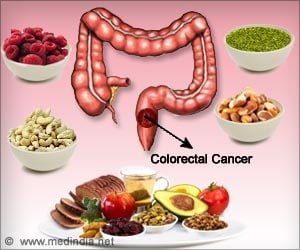All major adverse pregnancy outcomes should be recognized as lifelong risk factors for heart disease
- Heart disease is the leading cause of mortality among women worldwide
- Pregnancy problems can increase the risk of ischemic heart disease for up to 46 years after delivery //
- In such cases, early prevention is essential to avoid complications later on
Adverse pregnancy outcomes and long term risk of ischemic heart disease in mothers: national cohort and co-sibling study
Go to source). Heart disease is the leading cause of death among women globally, and it occurs when the blood vessels supplying the heart become restricted or obstructed.
Heart Disease and Reproductive Health
Adverse reproductive outcomes have been related to increased future risks of heart disease. Even though approximately one-third of women have poor pregnancy results during their reproductive years, few studies have evaluated several outcomes in the same group of women, making it difficult to draw clear conclusions.They found 2,195,266 women in Sweden with no history of heart disease who gave birth to a single live infant at an average age of 27 between 1973 and 2015. They then tracked cases of ischemic heart disease from birth through December 2018 using nationwide medical information (average follow-up time of 25 years, up to a maximum of 46 years).
Preterm delivery (less than 37 weeks gestation), small for gestational age at birth, pre-eclampsia, other blood pressure problems of pregnancy, and gestational diabetes were the five primary unfavorable pregnancy outcomes of interest.
Factors Considered
Other key characteristics considered were the mother's age, the number of children, the education level, the income, the body mass index, smoking, and a history of high blood pressure, diabetes, or high cholesterol.At an average age of 58 years, 83,881 (3.8%) women were diagnosed with ischemic heart disease. According to the findings, women who suffered any of the five major poor pregnancy outcomes had an elevated risk of developing ischemic heart disease later in life.
After controlling for other pregnancy-related hypertensive disorders, the relative prices of ischemic cardiovascular disease were increased twofold in women with other pregnancy-related hypertensive disorders (46 extra cases per 100,000 person-years), 1.7-fold in those with preterm labor (19 extra cases per 100,000), 1.5-fold in those with pre-eclampsia (12 extra cases per 100,000), 1.3-fold in those with diabetes mellitus, and 1.1-fold in those who produced a stent. Women who had many negative pregnancy outcomes were at a higher risk. In the ten years following birth, rates of ischemic heart disease with one, two, or three or more unfavorable pregnancy outcomes were 1.3-fold, 1.8-fold, and 2.3-fold, respectively (20, 34, and 58 instances per 100,000 person-years).
Because this is an observational study, the researchers cannot rule out the possibility that ischemic heart disease was underreported or that unreported maternal smoking, obesity, or other risk factors during pregnancy influenced their findings.
Reference:
- Adverse pregnancy outcomes and long term risk of ischemic heart disease in mothers: national cohort and co-sibling study - (https://www.bmj.com/content/380/bmj-2022-072112)
Source-Medindia
















